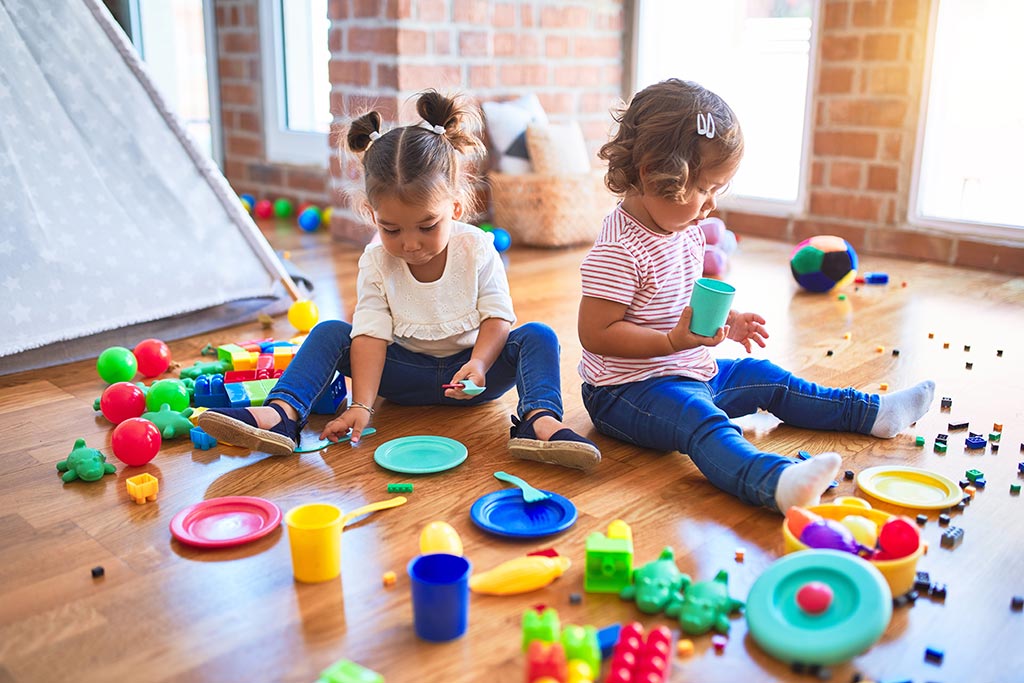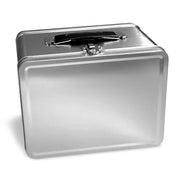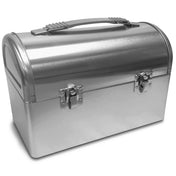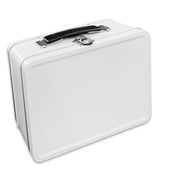We used to think of family games as inexpensive entertainment or simple ways to pass the day. Now, with competing demands on everyone's time, the excess of toys marketed to kids and so many electronic diversions, these kinds of activities can seem a bit dated. But they are the stuff memories are made of. They were fun, and they allowed us a chance to feel close to people we love. That's reason enough to play together as a family.
But there are also many other benefits of play -- and research shows its role in children's development.
Play is both a catalyst and context for learning. Through play, children make sense of their experiences, and express their ideas and emotions. Play helps them develop and practice skills underlying success in school and beyond: self-control, working memory, cognitive flexibility, persistence and following rules among others. Playing with others also helps children build relationships.
We also know that, despite evidence of the benefits of play, opportunities to play have diminished. Kids are more likely to be involved in scheduled and structured activities, and plugged into digital devises. To make matters worse, play has largely disappeared from the school day, even in the earliest grades.
So what does this mean for parents? And how does playing with your child fit into the picture?
- It is important that your child has uninterrupted play time every day with simple materials that can be used in many different ways.
- Resist interrupting or taking over when he's contentedly playing alone or with other kids. But, remember, he also loves and needs to be with you.
- When you're busy, you can take advantage of daily routines to play together. You might play peek-a-boo when you're changing your toddler's diaper, a guessing game when you're making breakfast for your preschooler, pretend when you're doing chores with your kindergartner or a license plate game when you're taking your older child to school.
- When there's more time, your child will thrive on your undivided attention as you play together. In the process, you'll have many opportunities to tune into his interests, concerns and needs and to support his development and learning.
While you'll find many opportunities to capitalize on teachable moments during play, the key is to do what comes naturally. Playing together shouldn't be a chore or something you feel pressure to do. Enjoy the time you spend with your child. It will pass all too soon! If you don't like card games, ride bikes or dance together. Take cues from what interests your child and follow his lead. Playing together will help you build strong connections that he will rely on as he grows and quite possibly memories that will last a lifetime.
Here are a few more simple activities you and your child or family might enjoy:
- What's missing?: Take turns lining up several items. One player covers his eyes and the others remove one or more items. The guesser tries to figure out what's missing. This is a great game to play while you're waiting at a restaurant.
- Surprise Jar: On slips of paper, write messages of things for family members to do. For example, wiggle like a worm, do 20 jumping jacks, empty the trash or try to touch your tongue to your nose. Put these in a jar, and take turns drawing a message from the jar.
- Sidewalk Games: Use sidewalk chalk to draw paths to follow. For example, draw a long line to make a "tightrope" to walk on or take turns drawing an obstacle course to navigate.
- Earth Day Play: Go on a scavenger hunt to find interesting leaves or stones, follow ant trails, watch pigeons or collect and release insects. Make a bird feeder or create something beautiful together from discarded materials.
What are some of your favorite family activities?
This article was originally on PBSParents and was written by Ann Barbour. Dr. Ann Barbour is Professor of Early Childhood Education at California State University, Los Angeles, (CSULA).
Photo from Adobe






